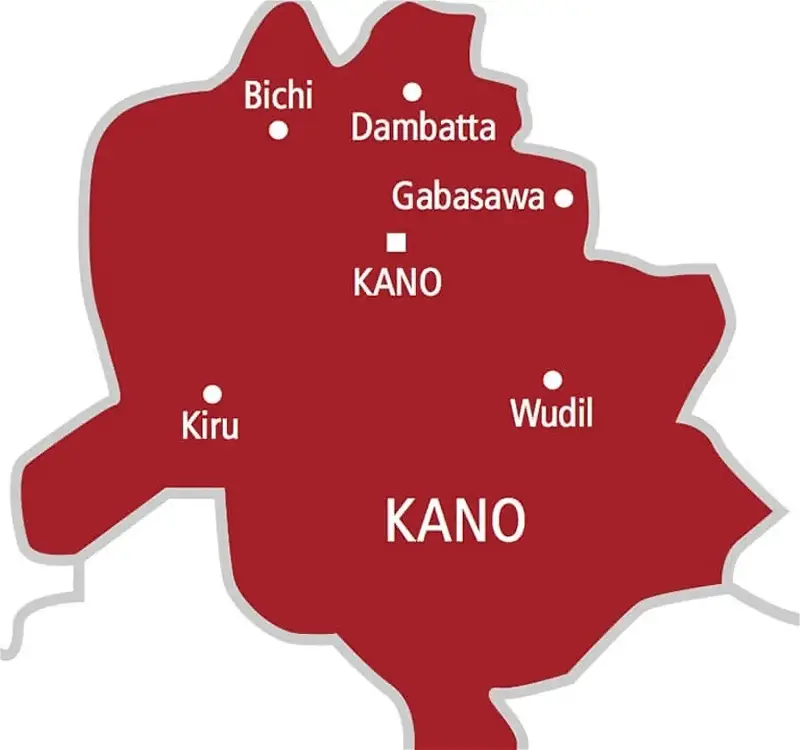₦1.5 billion has been disbursed by the Kano State Government to facilitate the payment of National Examination Council (NECO) registration fees for 57,000 secondary school students in the state.
The disclosure was made in Kano through a statement issued by Alhaji Ibrahim Shuaibu, the Press Secretary to the Deputy Governor, Alhaji Aminu Gwarzo.
Governor Abba Yusuf shared this information while officially launching the examinations at Rumfa College in the metropolis.
Gwarzo, representing Yusuf, highlighted that the payment of the fees aligns with their government’s policy aimed at revitalizing and optimizing performance in the educational sector.
He admonished the students to give their best performance in the examination, ensuring that the government’s considerable investment in their education is justified.
‘You need to put in your best and remain committed so that you can come up with good results of the examination, that can make the state and your family happy and proud of you, he said.
Read also: 5 States Are Still Owing Us Over ₦2bn – NECO Laments
The Commissioner for Education, Malam Umar Doguwa, revealed in his speech that the state has formed a committee to assess formerly closed boarding schools, aiming to reopen them.
In recognition of the state government’s efforts to improve the school feeding program, he expressed gratitude and announced the upcoming supply of additional furniture to the schools.
He urged parents and guardians to collaborate with the government in ensuring the success of their children’s education. Doguwa concluded by affirming the government’s determination to make Kano State a hub for quality education in the country.
With the implementation of this measure and the disbursement of the funding to facilitate education in the state, there is a renewed hope of improvement for the development of the younger generations in future.
The adoption of this measure and the allocation of funding to facilitate education in the state evoke a renewed sense of hope for the advancement and prosperity of the younger generations in the future.

